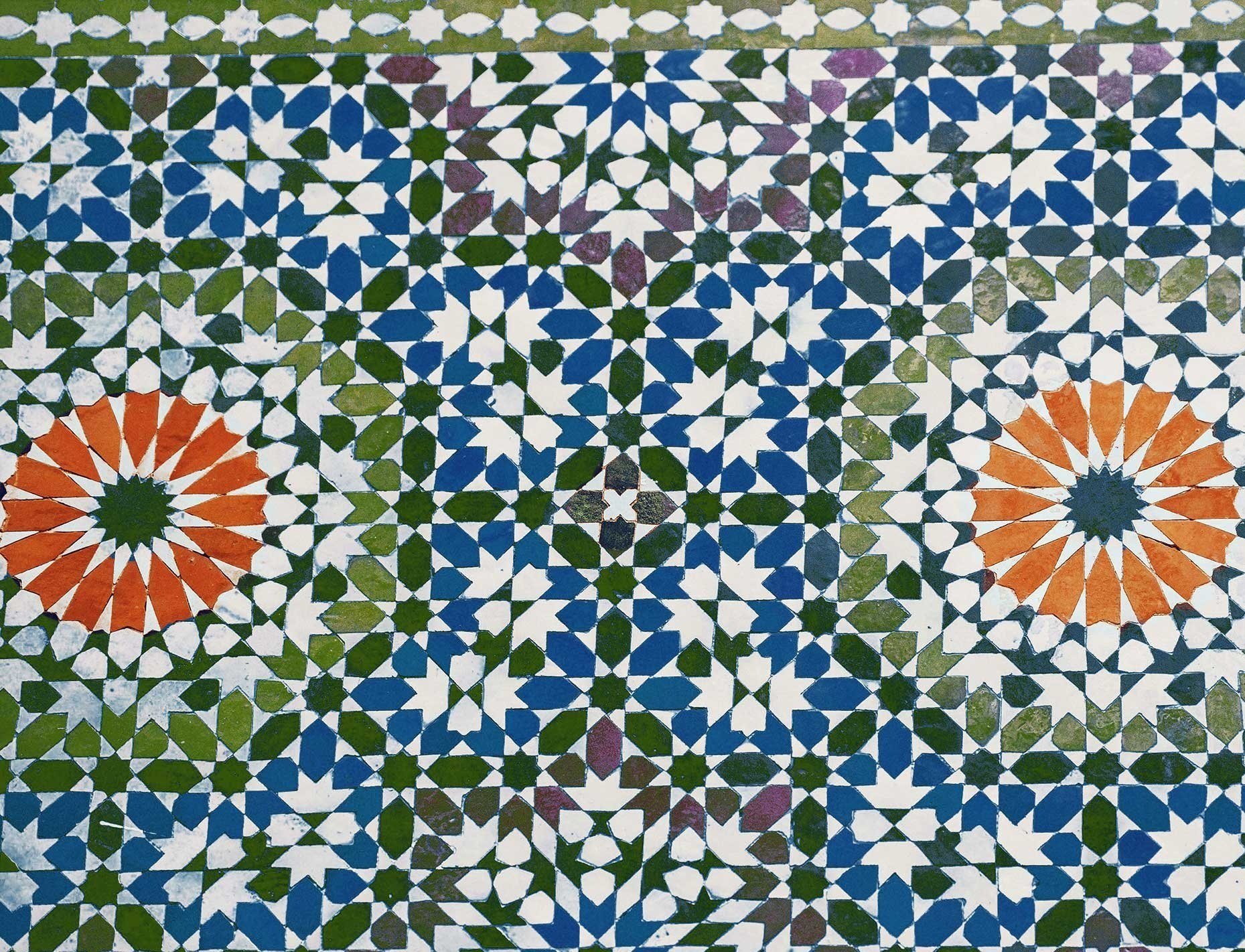My Approach

My overall approach to treatment is greatly informed by my training in spiritually integrated psychotherapy.
What does this mean? Before I explain, let me be very clear about what it is not. It is not tied into any one religion or faith tradition. It is not faith-based counselling. It is not pastoral counselling. Although we may explore questions pertaining to religion or spirituality if these prove relevant for you, we do not have to. I have no interest in converting you to any particular viewpoint and I welcome clients who identify as atheist, agnostic, and nonreligious/nontheistic.
What is spiritually integrated psychotherapy, then?
First, I understand “spirituality” as the search for, or the experience of, the sacred. But what is the sacred?
I define “sacred” very broadly as anything that’s valued because you experience it as special, holy, or of ultimate concern. That may be God, multiple divinities, or some other form of the Divine. It may be the spirits in the water, rocks, trees, land, fire, air, and other elements of the natural world. It may be your animals, your garden, your art, your music, your family, your volunteer work, your sexuality, your political activism. What is considered sacred or holy looks different for everyone.
Spiritually integrated psychotherapy means that we include all areas of your life in treatment and that we work against the disintegration of our selves that can occur when we split apart our experiences, memories, feelings, thoughts, values, and beliefs.
It also means that I incorporate a variety of concepts and approaches in your treatment so that your whole self can heal and flourish. My life experiences—along with my studies in religion, theology, philosophy, and interreligious encounters—have equipped me to engage comfortably, knowledgeably, and empathetically with a wide range of religious, spiritual, cultural, and ethnic backgrounds. I am skilled at finding common ground with others, and I am always open to educating myself further. I’ve worked diligently to develop spiritual flexibility, and it’s a key component of the way I provide psychotherapy.
I believe it's important that you have a clear picture of what therapy with me is like, so that you know what to expect. Here are a few guiding principles that inform my approach. As always, I welcome your questions if anything remains unclear for you.
Resistance to Dogma
When it comes to questions of ultimate concern—whether religious, spiritual, or philosophical—it is easy (sometimes too easy) to depend on dogma and unquestioned ideas. This can be a way of bypassing the real work of therapy. I will honour and strive to deeply understand your particular worldview, and I will also encourage resistance to rigid views and unexamined beliefs. I cultivate safe spaces for intense questioning. I am prepared to engage with whatever you bring to me, and I have a remarkably high tolerance for ambiguity, contradictions, and paradoxes.
Respect For Non-Rational
Ways of Knowing
As a Registered Psychotherapist, I strongly value evidence-based treatments, and prioritize psychotherapeutic interventions that are supported by science and research. As a practitioner who sought her professional education in spiritually integrated psychotherapy, I also deeply respect non-rational ways of knowing. I make room for the metaphysical and unseeable aspects of human existence, for individual subjectivity, and for what I believe is the likelihood that not every single thing can be explained by objective facts.
Radical Acceptance
Radical acceptance involves developing our capacity to accept situations outside our control without judging them (or ourselves). This is a powerful way to diminish our own suffering. It does not mean endorsing whatever happened, and it does not advocate resignation. It means accepting reality, without deluding ourselves about what we can change or control…but also accepting responsibility for what we can change or control. It means working our way out of what psychologist and author Tara Brach calls the “trance of unworthiness.”


“The places in which we are seen and heard are holy places. They remind us of our value as human beings. They give us the strength to go on. Eventually they may even help us to transform our pain into wisdom.”
– RACHEL NAOMI REMEN






